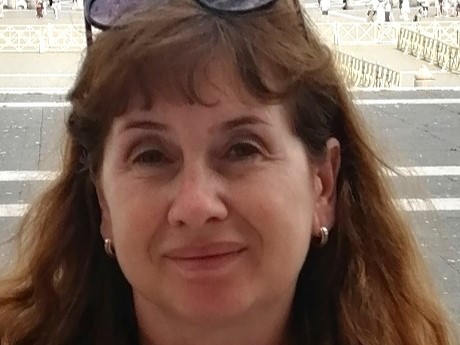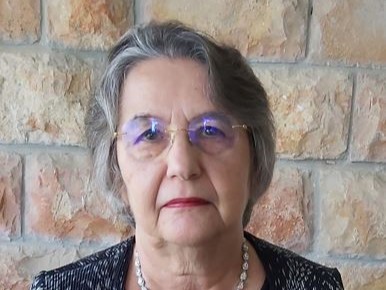1st International Egodocumental Network Conference
Vilnius University, Nicolaus Copernicus University in Toruń, the University of Lodz, and the Egodocumental Research Group (https://egodocuments.umk.pl) organise an international conference focusing on research, development, and changing perceptions of egodocuments in the twenty-first century. The conference aims to bring together scholars from different disciplines to share their insights and to encourage interdisciplinary studies of egodocuments.
The conference will also be the first meeting of the International Egodocumental Network established in December 2023 by the Egodocumental Research Group (Nicolaus Copernicus University in Toruń and the University of Lodz) to unite scholars from different disciplines working on egodocuments. It provides a platform for discussion, collaboration, and exchange of information between the participants, as well as online research seminars organized twice a year. In this dimension, our conference continues two editions of the Scientific Symposium "Egodocuments, Life-Writing and Autobiographical Texts..." organized at NCU in Toruń in 2022 and 2024.
Keynote speakers

Dr. Nataliia Voloshkova
Kazimierz Wielki University and Oxford Brookes University
Prof. Leona Toker
Hebrew University and Shalem Academic College
Prof. François-Joseph Ruggiu
Sorbonne Université, CNRS and Oxford University
Rebecca Ayako Bennette
Middlebury College, Vermont, USA
Egodocuments as a Path to Agency
I will discuss the use of egodocuments as a way of recovering agency among psychiatric patients in Germany during World War One and during the Nazi era. Both cases involved different conditions and undoubted limits on patient agency. Indeed, historians have largely ignored patient files and the numerous egodocuments within them because of the highly controlled and constricted situation in which patients found themselves writing. Yet, having completed a book based on patient files for German military psychiatric patients during WWI as well as currently working on a project highlighting the fate of veteran psychiatric patients under the Nazi Euthanasia program, I argue that egodocuments especially in these situations are indispensable. After all, psychiatric patients are commonly objectified and studied ‘from above’ in historical research. Moreover, psychiatric patients are often essentialized as their diagnoses – both in the historical literature as well as by the medical field – which further undermines the ability to see them as actors with agency aside from their illnesses. Yet, a close look at the egodocuments in the files – from personal letters to official petitions to life histories that some patients authored – shows these individuals to have been anything but merely complacent recipients of treatment. Focus on such documents reveals how patients actively advocated for themselves (which led to generally positive outcomes at least in WWI) and how they never accepted the ‘worthless’ label ascribed to them by the regime in later years under the Nazis.










